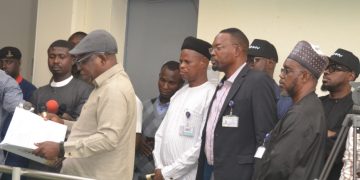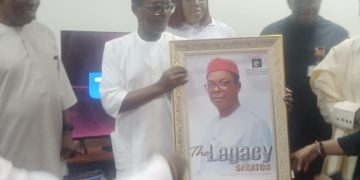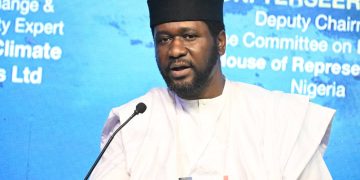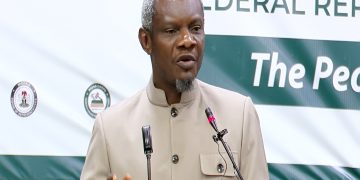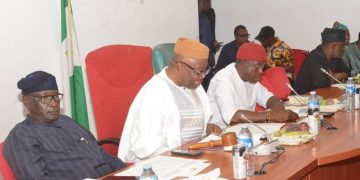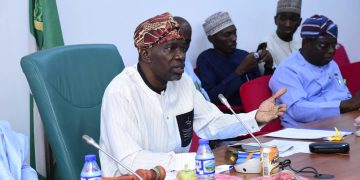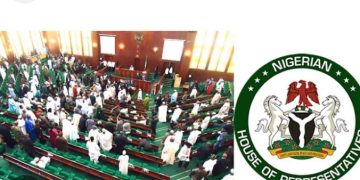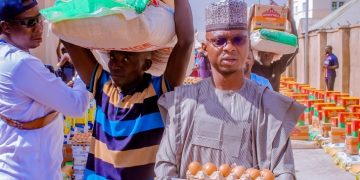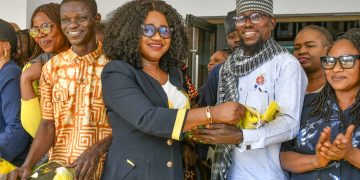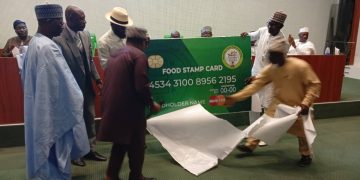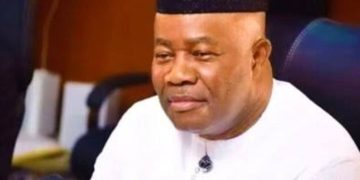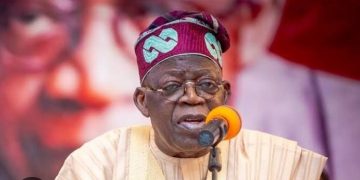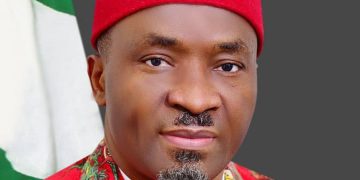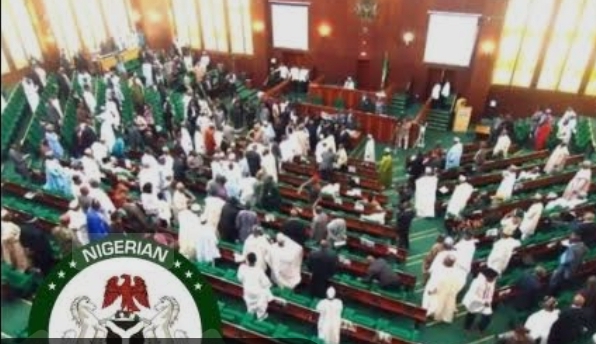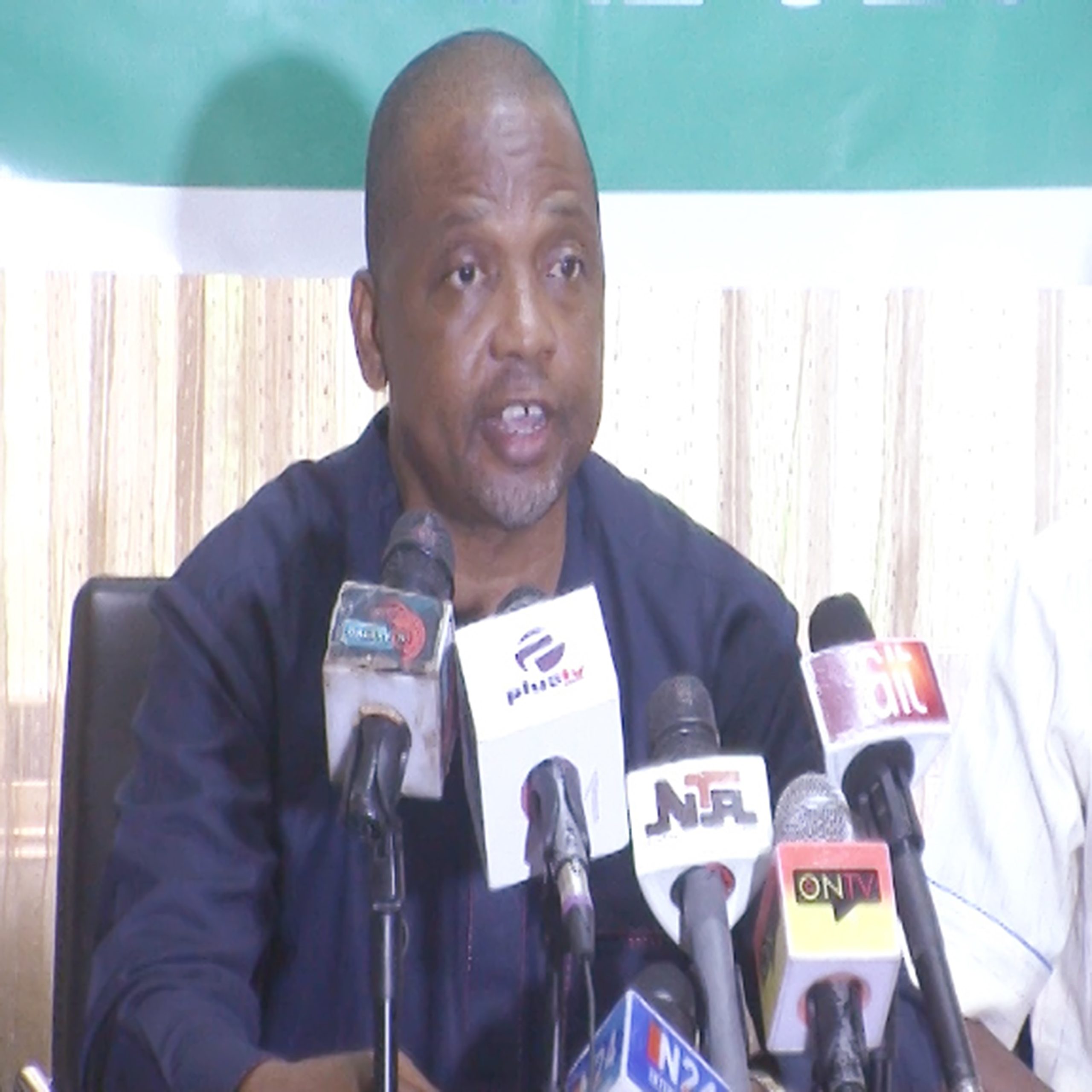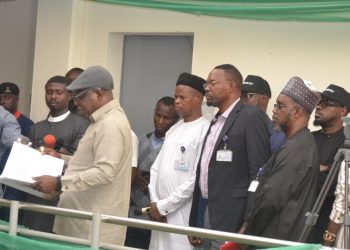By Comfort Olayinka
The Third Republic House of Representatives Forum has warned that the planned hunger protest could worsen existing issues, lead to violence and unrest, and undermine Nigeria’s economic and social stability.
In a speech, Forum leader Basil Okafor acknowledged the importance of protests in a democracy but stressed the need for peaceful and responsible demonstrations. He emphasized that protests should be a means to an end, not an end in themselves.
The Forum highlighted several risks associated with protests in a tense society, including the potential for manipulation and exploitation by extremist groups. They also noted the breakdown of communication and dialogue, which can further exacerbate existing problems.
Furthermore, the Forum expressed concerns about the negative impact on the economy and daily life. They pointed to examples of violent protests in Kenya and Uganda, expressing fears that similar scenarios could unfold in Nigeria if the situation is not managed carefully.
To address these concerns, the Forum advocated for open and constructive dialogue among all stakeholders, including the government, protesters, and community leaders. They emphasized the need for all parties to work together to find common ground and solutions that benefit everyone.
The Forum commended the president’s efforts to engage with leaders across the country and urged protesters to be mindful of their actions and avoid inciting violence. By working together, they hope to find a peaceful and constructive resolution to the issues at hand.
“Protests, when carried out peacefully and responsibly, have the power to bring attention to important social, political, and economic issues. They allow voices to be heard, encourage dialogue, and promote change. However, in a society already burdened with tension, protests can exacerbate the existing problems, further dividing people and escalating tensions.
“Firstly, it is important to recognize that a tense society is often characterized by polarized opinions, conflicting ideologies, and deep-seated emotions. In such an environment, protests can easily become breeding grounds for violence and unrest. The frustration, anger, and resentment that lie beneath the surface can erupt into chaos, undermining the very purpose of the protest and causing harm to individuals and property.
“Secondly, the ills of protest in a tense society lie in the potential for manipulation and exploitation by various stakeholders. In times of tension and strife, extremist groups or political factions may exploit protests to further their own agenda. They may infiltrate peaceful demonstrations, incite violence, and spread misinformation, leading to a distortion of the original purpose of the protest and the dilution of its message.
“Furthermore, protests conducted in a tense society often result in a breakdown of communication and dialogue. Instead of fostering understanding and empathy, they deepen divisions and create an “us versus them” mentality. People from opposing sides become entrenched in their positions, refusing to listen or engage in meaningful conversation. The very essence of a protest the desire for change and progress becomes overshadowed by animosity and hostility.
“Lastly, another consequence of protests in a tense society is the negative impact on the economy and daily life. Protests that disrupt public transportation, block major roads, or damage infrastructure can have severe repercussions on businesses and individuals trying to go about their daily lives. The uncertainty and instability caused by protests can deter investment, hamper economic growth, and create long-term damage to the communities affected.
“So, what is the solution? It is crucial for us to advocate for responsible and peaceful protests in tense societies. Protesters must be mindful of their actions, ensuring they do not incite violence or give room for undue exploitation. More importantly, all stakeholders need to engage in open,
constructive dialogue, fostering understanding and empathy, even when faced with opposing viewpoints.This is what the president has been doing.
“Just yesterday he met leaders across the shades of the country, the traditional rulers, religious leaders. Unfortunately there’s no clear leaders of the planned protest, a sign that nobody is ready to take responsibility in the event of the protest turning sour. Hence they can’t guarantee a peaceful protest.
“We must remember that protest is a tool, a means to an end. It should not override the ultimate goal the improvement of society. By focusing on the issues that unite us, rather than those that divide us, we can work towards finding common ground and solutions that benefit everyone” he said.


